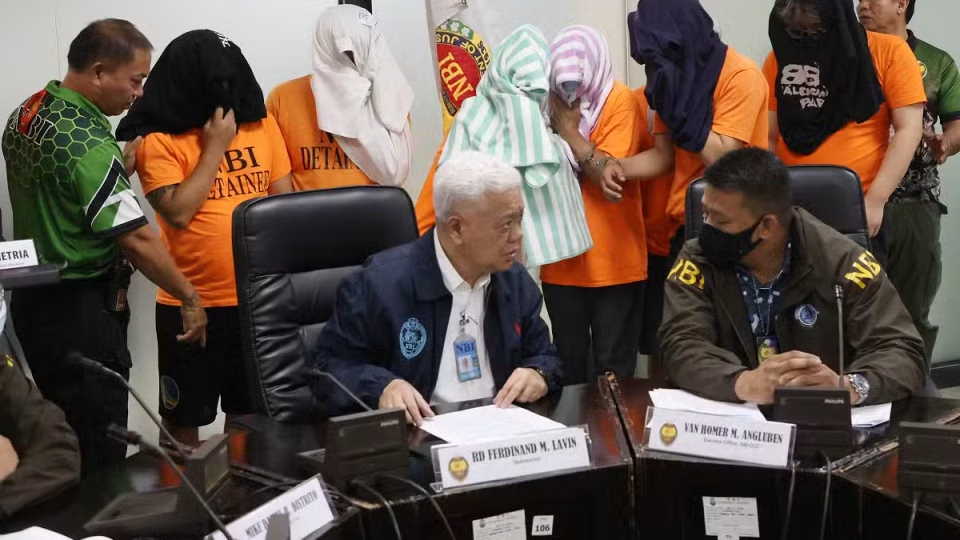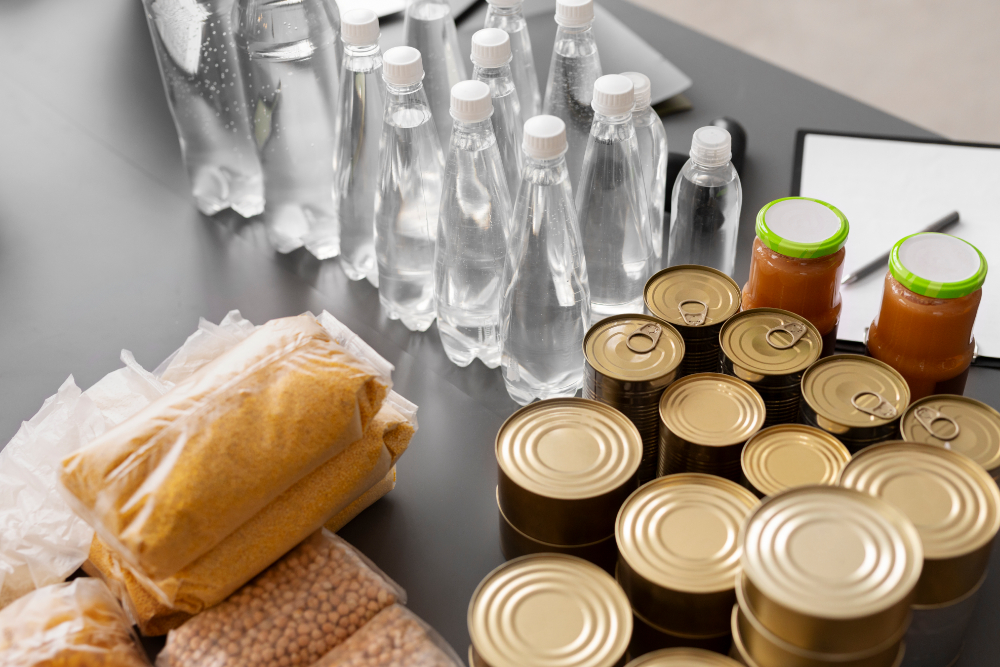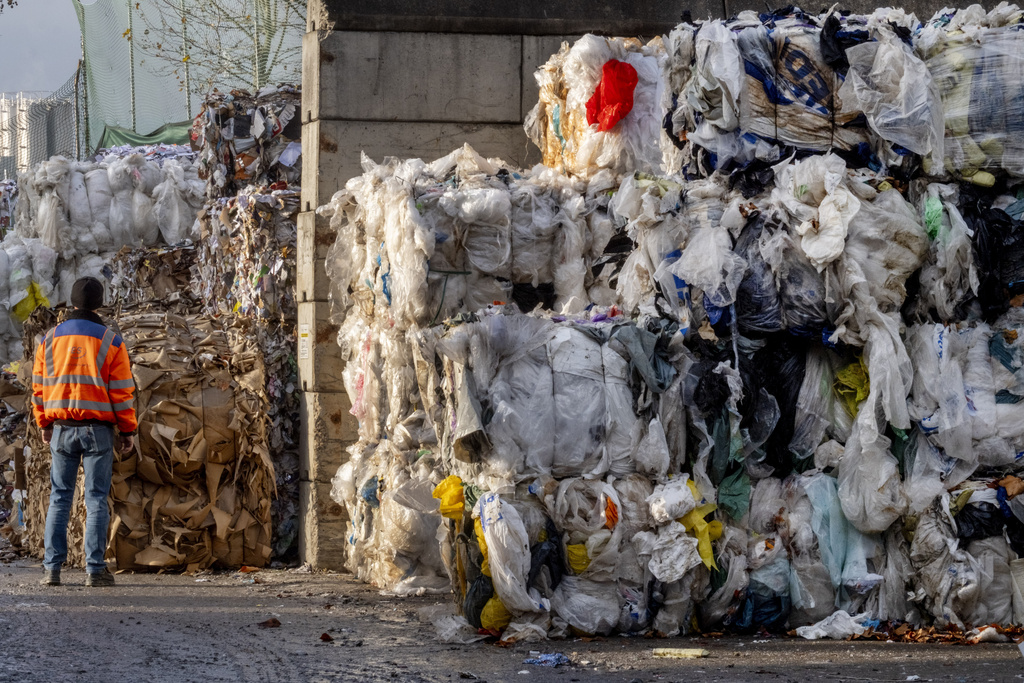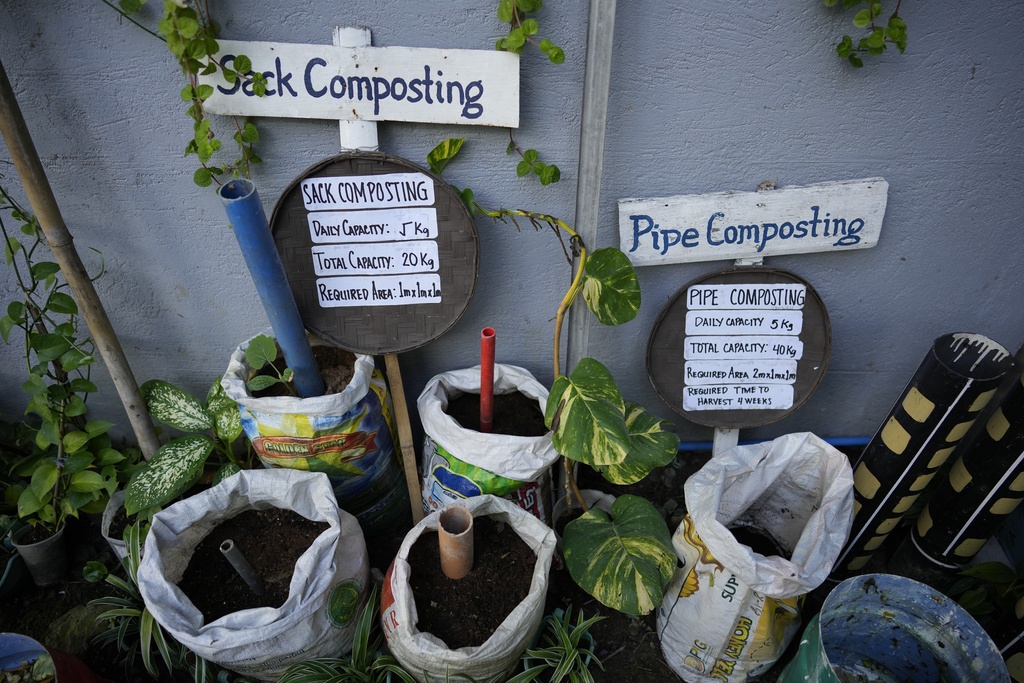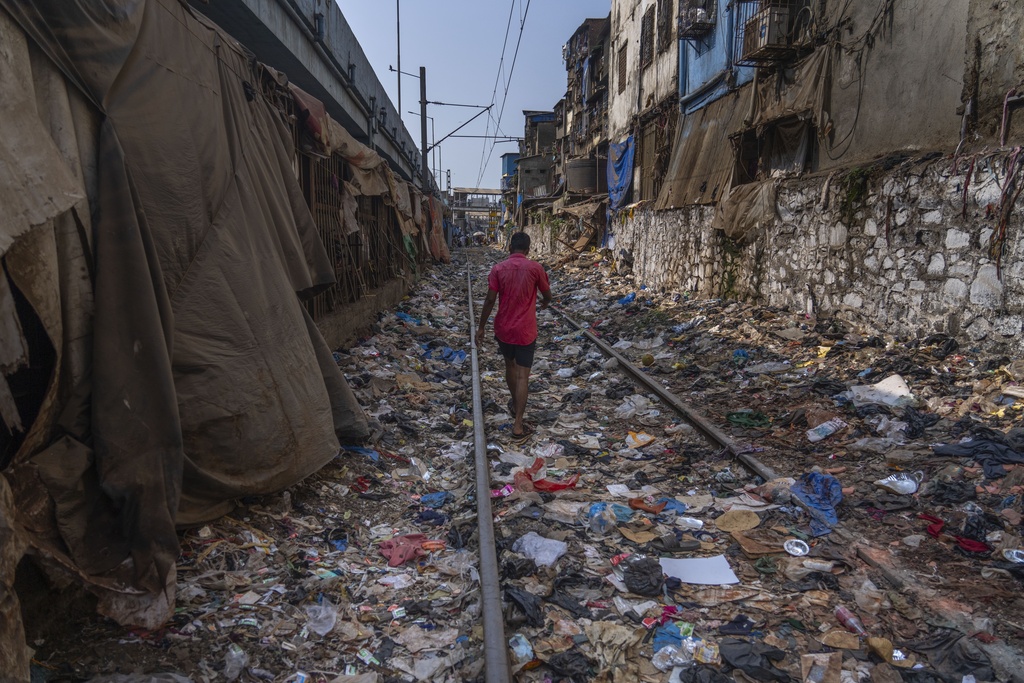CHARLESTON, West Virginia (AP) — Synthetic dyes used to make brightly coloured cereals, drinks and candies are coming under scrutiny in states across the country, where lawmakers say the federal government has stalled in taking action despite evidence of harmful effects.
West Virginia, which ranks at the bottom in the US for many health metrics, became the first to sign a sweeping statewide ban on seven such dyes this week. Lawmakers in more than 20 states — from deep red West Virginia to heavily Democratic California — are making a bipartisan push to restrict access to the dyes, which have been tied to neurobehavioural problems in some children and of which US Health and Human Services Secretary Robert F. Kennedy Jr. has been an outspoken critic.
“We should not be forced to police our own foods,” said Republican Sen. Laura Wakim Chapman, who heads the Senate’s health committee and told lawmakers the vote might be the most important of their political careers. “No more toxic colors, no more poisoning ourselves and our children. No more unnecessary risks. Our health is not for sale.”
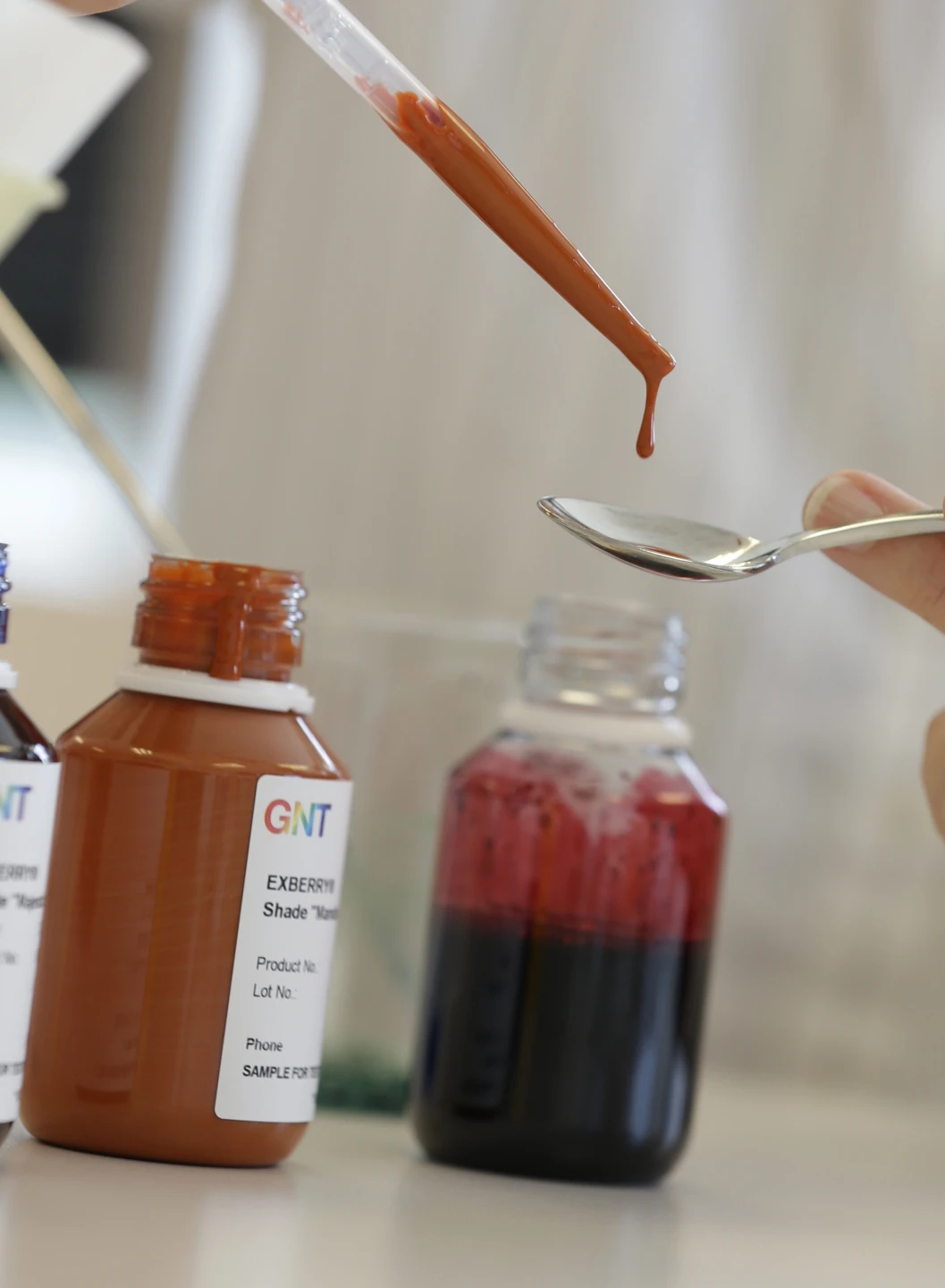
The prohibition on certain preservatives and red, blue, green and yellow dyes takes effect for school food in August, and across the state in 2028. It follows narrower bills approved in California last year and Virginia last week that would ban six artificial dyes from being served in public schools beginning in 2027.
Why do lawmakers want to see the dyes die?
Thirty-six colour additives are approved by the Federal Drug Administration for use in food and drinks in the US Nine petroleum-based chemical dyes, including Red 3, have been allowed in US food.
Public health advocates have been lobbying for state and federal action for years, pointing to research that links food dyes and other chemical additives to health risks, including exacerbating symptoms of attention-deficit/hyperactivity disorder in some children and animal research linking certain additives to cancers.
The European Union and some countries, including Australia and Japan, have banned or restricted the use of certain food dyes because of potential health risks.
In October, dozens of protesters outside the Michigan headquarters of WK Kellogg Co. demanded that the company remove artificial dyes from cereals such as Apple Jacks and Froot Loops. Kellogg announced that it would remove artificial colors and ingredients from its U.S. products by 2018, but never did so, despite making the change in other countries.
The US Food and Drug Administration banned Red 3 from the nation’s food supply in January, setting a 2027 deadline for manufacturers to eliminate it from their products. Makers of ingested drugs like cough syrups have until January 2028.

Food industry warns of cost increases
The National Confectioners Association, a trade group for chocolate, candy, gum and mints sellers, said the new regulations will make food more expensive, less accessible and lead to less variety on grocery store shelves. It said states such as West Virginia, where 1 in 4 children live in poverty and many neighbourhoods are “food deserts” with limited access to affordable, nutritious food, will be disproportionately impacted.
Charles Leftwich, vice president of food safety and quality assurance for Sysco Corp., the world’s largest food service distributor, said food safety policies should be supported by science and “be consistently applied across all geographies.”
Changes underway
School districts in West Virginia have begun phasing out breakfast cereals, strawberry milk or other products in anticipation of the new law’s August deadline.
Chris Derico, who runs Harrison County’s school nutrition program, expects the new regulation to increase costs but said he’s not “in panic mode about it” because none of the products containing the artificial dyes are used in main dishes served to students.
Travis Austin, who leads food service in the Cabell County Schools system, called the policy “a step in the right direction” and said it will be up to manufacturers to rework their formulas to remain competitive.
Lawmakers in West Virginia, which leads the nation in chronic diseases such as obesity, noted that the dyes are often found in sugary foods.
When the bill passed the state Senate, sponsor Jason Barrett said West Virginia was the first state to approve such a sweeping law but won’t be the last. He cited a bill advancing in Oklahoma that would ban 21 synthetic food dyes and additives.
He said companies prey on low-income consumers and children.

